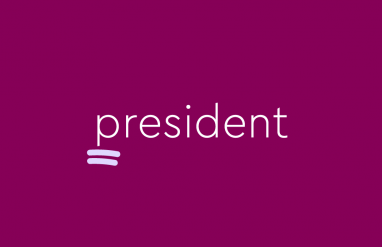Is shined or shone the past tense of shine? As it turns out, both words can fill the role.
In this article, we explore the words shined and shone, explain how and when both of these words are used, and give examples of how we typically use them in sentences.
⚡ Quick summary
Shined and shone are both forms of the past tense and past participle of the verb shine. In standard American English, these words are typically used interchangeably except when shine is used to mean “to make gleam by polishing” in which case only shined is used. In British English, shone is typically considered the standard form in all cases except the polishing sense of shine.
shined vs. shone
The words shined and shone are both used as the past tense and past participle forms of the verb shine. For example, we can say The sun shone/shined over the bay and The spotlights had shined/shone on the actors until they were turned off during the finale.
So, which one should you use? Well, that depends. Many dictionaries and grammar resources state that shone and shined can be used interchangeably except when shine is used as a transitive verb to mean “to make gleam by polishing.” In this specific case, the form shined is typically considered the only acceptable form. For example, we would say Oliver shined the silverware until it sparkled rather than Oliver shone the silverware until it sparkled.
Additionally, there is a common preference wherein shined is used if shine is a transitive verb and shone is used if shine is an intransitive verb. People who tend toward this practice would prefer to say, for example, Wendy shined her flashlight at the werewolf and His smile shone brightly during his speech. Some grammar resources treat this preference as a rule, so make sure to check with your style guide of choice.
Lastly, the form shone is the preferred form in British English except for the polishing sense mentioned earlier. The word shone is also pronounced differently in British English (rhymes with “gone”) than it is in American English (rhymes with “bone”).
Verbs similar to shine
The verb shine is somewhat similar to the verb dive, which uses both dived and dove as its past tense form, similar to how both shined and shone can be used as the past tense. Unlike shine, dive only uses dived as the past participle, whereas shine can possibly use either shined or shone depending on the specific situation.
When using shone as the past tense/past participle, shine follows a pattern seen in other irregular verbs where an I switches to an O, as can be seen in verbs like drive (drove), strive (strove), and ride (rode).
Explore another irregular verb with multiple past tense forms by reading about dived vs. dove.
Examples of shined and shone used in a sentence
Let’s look at some examples of how we can use shined and shone in sentences, taking note of how only shined is used to refer to polishing things until they get shiny.
- She shined/shone the penlight on the bottom paragraph.
- The turtle’s sparkly shell shined/shone in the sunlight.
- The investigation shined/shone a light on the company’s corruption.
- When I first bought it, my car had shined/shone like a glowing star.
- The cobbler shined the dress shoes until they looked brand new.













